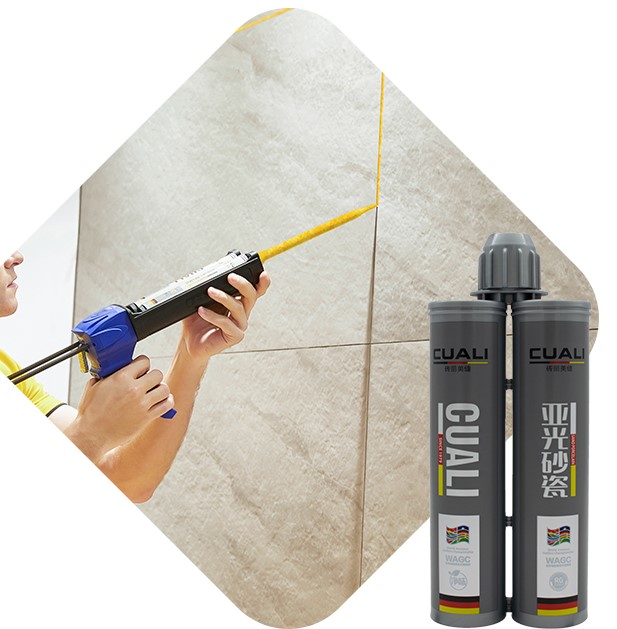You might think that the best way to prevent water seepage and leakage is to caulk your shower corners. Caulk is a sealant that creates a preventive barrier on the grout lines, thereby preventing moisture absorption by the tiles or grout. Caulk is available in either an acrylic or silicone form. But the biggest issue with caulk is that it is quite temporary. Often, people get caulking done twice a year as a restorative measure because it keeps deteriorating.
Common Problems with Caulk:
1. Caulk tends to peel off in wet settings and crack in dry settings.
2. The moisture always prevalent in showers also leads to mold breeding, which further deteriorates the caulk, leaving a blackish green residue.
3. When the temperature conditions are too dry, caulk often shrinks and cracks, thereby leading to gaps in the corners. Water gets accumulated in the gaps and leads to mold development.
4. People often get re-caulking done in their shower corners as their old caulk wears off, but this is not a permanent solution as you will end up spending on caulking and re-caulking every five to six months, burning a hole in your pocket.
What is Caulking and When do you Need to Replace it?
Shower corners are sealed with silicone or acrylic caulks usually. This prevents leakages or water seepage. But caulking is an old and outdated practice that has many issues and loopholes. It is also quite inefficient, as it does not provide a solution for the deep-rooted issues of mold and mildew. Firstly, caulking is not a permanent solution to sealing shower corners. It develops cracks or starts peeling within a few months. This happens especially in wet and damp bathrooms.
Caulking only provides a temporary relief for 5 to 6 months, after which, it starts deteriorating. Re-caulking is often considered as an option to restore old caulking. It is nothing but applying a layer of new caulk over the damaged or existing caulk. Some even re-caulk the area after removing the old and damaged caulk. But both result in a temporary fix of sealing, after which, leakage begins again.
That is why people are always disappointed with their caulking issues and are looking for a better substitute, which we suggest Epoxy. Epoxy resin grout will have the following advantage:
1. Waterborne Epoxy resin colored sand, Anti-Mold sealant
2. Outstanding yellowing resistant, Stain proof
3. High efficiency instance applying, strict demand on FLUSH JOINT process
4. Outstanding bonding strength, high hardness strong weather resistance, no fear of temperature difference
Adopt colored sand tiny bead, made through innovative formula and advance






